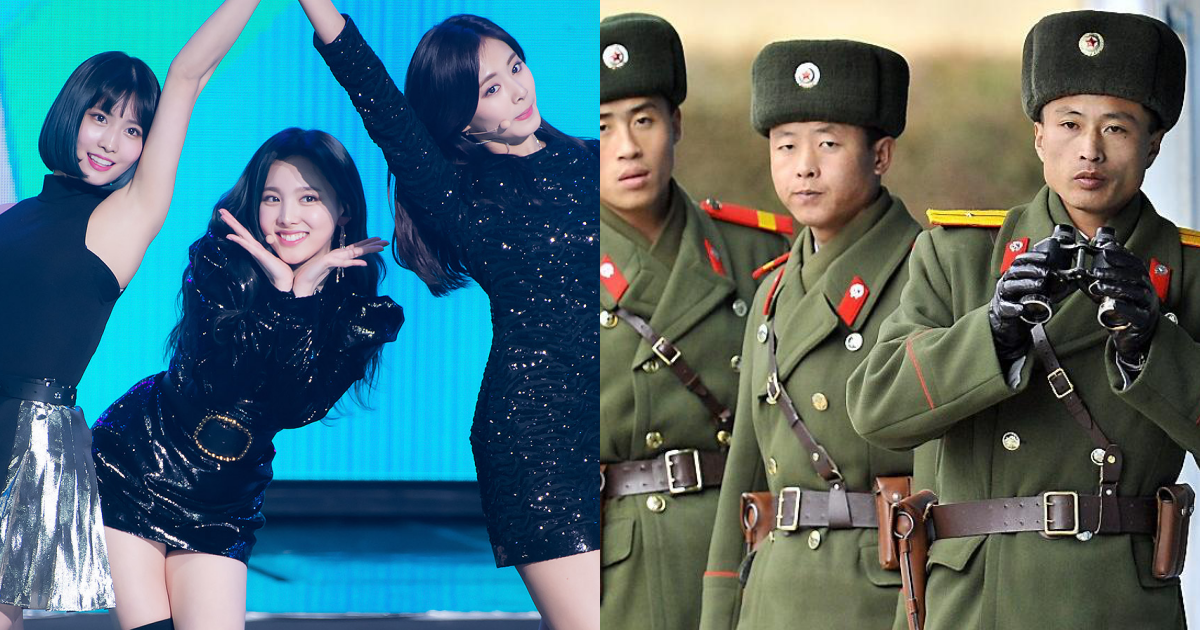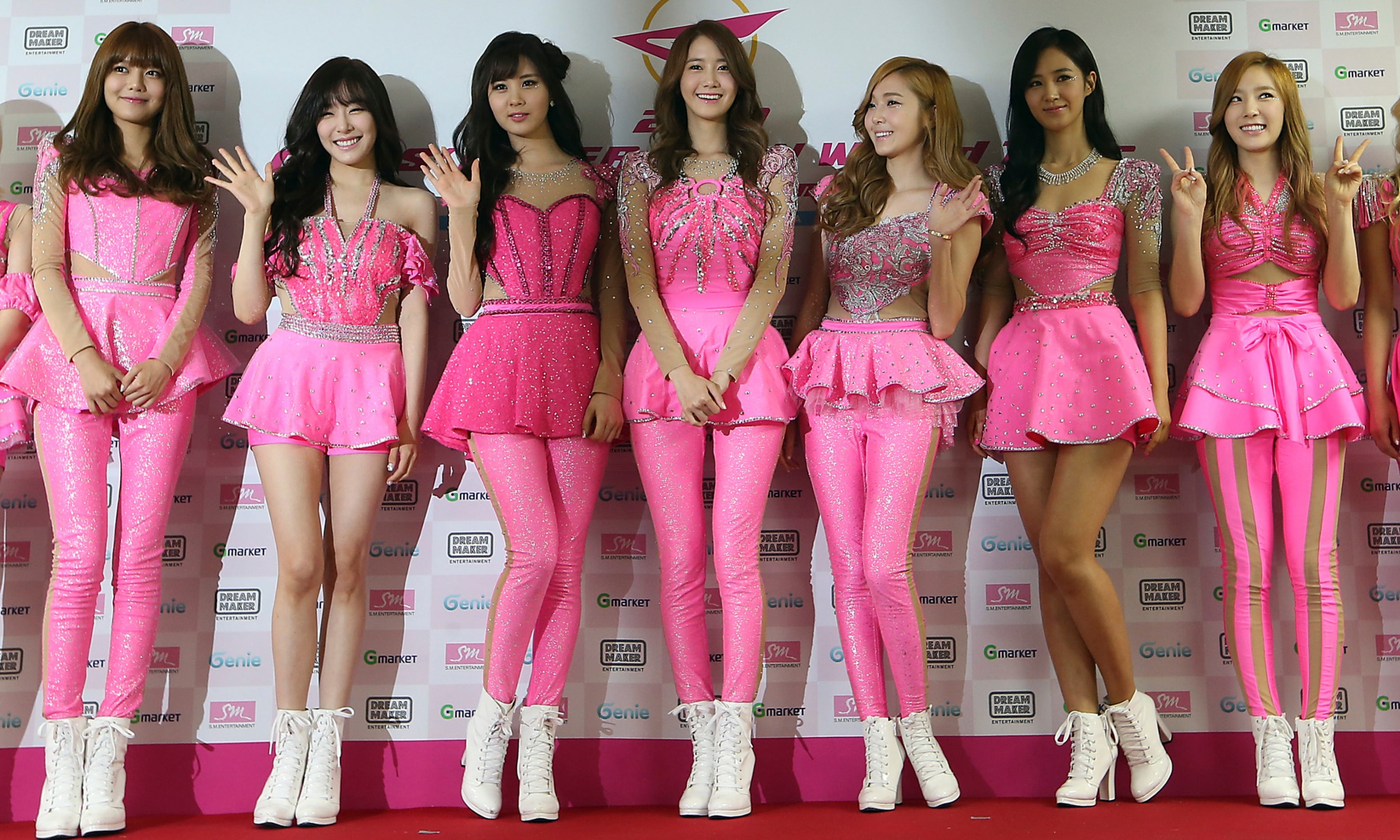Popularity and Influence of North Korean K-Pop: North Korean Kpop

North korean kpop – North Korean K-Pop, a unique blend of traditional Korean music with modern pop elements, has gained significant popularity in recent years. This phenomenon can be attributed to several factors, including the distinct style of North Korean K-Pop groups, the global reach of social media and streaming platforms, and the cultural and political implications of North Korea’s participation in the K-Pop industry.
In the realm of entertainment, the captivating melodies of North Korean K-pop have mesmerized audiences worldwide. While their vibrant performances have drawn comparisons to renowned figures like Tim Scott , a beacon of political leadership, the North Korean K-pop scene continues to enchant with its unique blend of cultural heritage and modern sensibilities, leaving an unforgettable mark on the global music landscape.
Unique Style
North Korean K-Pop groups have developed a distinctive style that sets them apart from their South Korean counterparts. Their music often incorporates traditional Korean instruments and melodies, creating a unique fusion that appeals to both domestic and international audiences.
Amidst the electrifying rise of North Korean K-pop groups, one can’t help but draw parallels to the controversial figure of Lauren Boebert. Both phenomena have ignited heated debates and polarized opinions. Just as North Korean K-pop has captivated audiences worldwide, Boebert’s outspoken views have garnered significant attention and stirred controversy.
Yet, beneath the surface, both phenomena highlight the complexities of modern society, where cultural expression and political discourse intersect in unexpected ways.
Social Media and Streaming Platforms
Social media and streaming platforms have played a crucial role in the global reach of North Korean K-Pop. Groups such as Moranbong Band and Samjiyon Orchestra have gained millions of followers on platforms like YouTube and Spotify, allowing them to bypass traditional media outlets and connect directly with fans worldwide.
Cultural and Political Implications
North Korea’s participation in the K-Pop industry has significant cultural and political implications. It represents a departure from the country’s traditional isolationist stance and has been seen as an attempt to soften its image on the international stage. However, it also raises questions about the freedom of expression and artistic control within North Korea.
Comparison with South Korean K-Pop

North Korean and South Korean K-Pop industries share some similarities in musical styles, performances, and aesthetics. Both industries emphasize catchy melodies, energetic dance routines, and visually appealing performances. However, there are also significant differences between the two industries due to political and cultural factors.
Musical Styles
North Korean K-Pop groups tend to have a more patriotic and revolutionary sound than their South Korean counterparts. Their songs often incorporate elements of traditional Korean music and propaganda messages. South Korean K-Pop groups, on the other hand, have a more diverse range of musical styles, including pop, rock, hip-hop, and R&B.
Performances
North Korean K-Pop groups typically perform in large-scale, choreographed performances that are designed to showcase the strength and unity of the North Korean people. South Korean K-Pop groups, on the other hand, often perform in smaller, more intimate settings that allow for more interaction with their fans.
Aesthetics, North korean kpop
North Korean K-Pop groups often have a more conservative aesthetic than their South Korean counterparts. Their costumes and hairstyles are often more traditional and less revealing. South Korean K-Pop groups, on the other hand, often have a more glamorous and fashion-forward aesthetic.
Training and Production Processes
The training and production processes of North Korean and South Korean K-Pop groups are also quite different. North Korean K-Pop groups are typically trained in state-run academies, where they are taught to sing, dance, and perform in a strictly disciplined environment. South Korean K-Pop groups, on the other hand, are often trained in private academies, where they are given more freedom to develop their own individual styles.
Impact of Political and Cultural Factors
The political and cultural differences between North Korea and South Korea have a significant impact on the contrasting styles of North Korean and South Korean K-Pop. North Korean K-Pop is heavily influenced by the country’s communist ideology, while South Korean K-Pop is more influenced by Western pop culture.
Future of North Korean K-Pop

North Korean K-Pop is a relatively new phenomenon, and its future is uncertain. However, there are a number of factors that suggest that it has the potential to grow and develop in the coming years.
One of the most important factors is the growing popularity of K-Pop around the world. K-Pop is now one of the most popular genres of music in Asia, and it is also gaining popularity in Europe and North America. This growing popularity is likely to create a demand for North Korean K-Pop groups.
Another factor that is likely to contribute to the growth of North Korean K-Pop is the increasing openness of North Korea to the outside world. In recent years, North Korea has begun to allow more foreign visitors and businesses into the country. This has led to a greater awareness of North Korean culture, including its music.
However, there are also a number of challenges that North Korean K-Pop groups may face in the global music market. One of the biggest challenges is the political situation in North Korea. North Korea is a totalitarian state, and its government has a tight control over all aspects of society, including the media. This could make it difficult for North Korean K-Pop groups to produce music that is both popular and acceptable to the government.
Another challenge is the lack of infrastructure in North Korea. North Korea is a poor country, and its music industry is underdeveloped. This could make it difficult for North Korean K-Pop groups to produce high-quality music and videos.
Challenges
Despite these challenges, there are a number of opportunities for North Korean K-Pop groups to succeed in the global music market. One of the biggest opportunities is the growing interest in North Korean culture. In recent years, there has been a growing interest in North Korean food, fashion, and music. This interest is likely to create a demand for North Korean K-Pop groups.
Another opportunity is the support of the North Korean government. The North Korean government has been supportive of the development of North Korean K-Pop. This support could provide North Korean K-Pop groups with the resources they need to succeed in the global music market.
Impact of Political and Economic Factors
The future of North Korean K-Pop is likely to be influenced by a number of political and economic factors. One of the most important factors is the relationship between North Korea and South Korea. If relations between the two Koreas improve, it could lead to increased cooperation in the music industry. This could benefit North Korean K-Pop groups by giving them access to South Korean music producers and distributors.
Another important factor is the economic situation in North Korea. If the North Korean economy continues to grow, it could lead to increased investment in the music industry. This could benefit North Korean K-Pop groups by giving them access to better equipment and training.
Overall, the future of North Korean K-Pop is uncertain. However, there are a number of factors that suggest that it has the potential to grow and develop in the coming years.